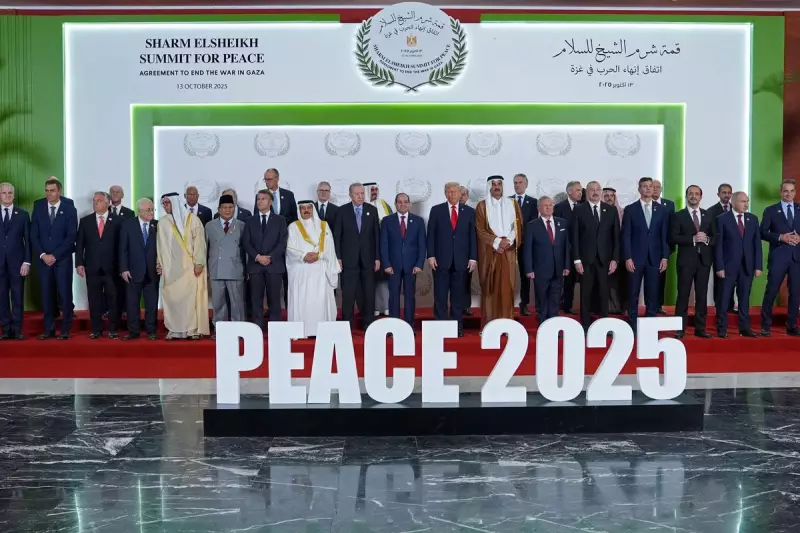
Former US President Donald Trump has unveiled a controversial peace proposal for Gaza that would dramatically reshape the current conflict landscape, The Independent can reveal.
The Trump Doctrine for Middle East Peace
In an exclusive interview, Trump outlined his vision for resolving the ongoing Israel-Hamas war, positioning his approach as fundamentally different from the Biden administration's current strategy. The former president criticised what he described as the "weakness" of current negotiations and promised a more decisive resolution.
Key Elements of the Proposed Plan
The cornerstone of Trump's proposal involves:
- Significant involvement from neighbouring Arab states in peacekeeping and reconstruction efforts
- A complete restructuring of Gaza's governance and security apparatus
- Economic incentives tied to demilitarisation and political concessions
- Leveraging regional alliances to pressure Hamas into compliance
Contrasting Approaches to Conflict Resolution
Trump's plan emerges as a direct challenge to President Biden's handling of the crisis. The former president argued that his administration would have prevented the current escalation through stronger preemptive action and clearer red lines.
"What we're seeing now is the result of failed leadership and mixed signals," Trump stated, emphasising his previous successes in Middle East diplomacy through the Abraham Accords.
Regional Reactions and Implications
The proposal has already sparked intense debate among Middle East analysts and diplomatic circles. Some see it as a pragmatic approach that acknowledges regional realities, while others warn it could further destabilise an already volatile situation.
Critics question the feasibility of implementing such a plan without broader international consensus, particularly given the complex humanitarian situation in Gaza and the deeply entrenched positions of both sides.
The Path Forward
As the 2024 presidential election approaches, Trump's Gaza proposal positions foreign policy as a central battleground. The plan offers voters a clear alternative to current administration strategies and reflects Trump's continued influence on Republican foreign policy thinking.
With casualties mounting and no immediate end to hostilities in sight, the debate over how best to achieve lasting peace in Gaza continues to dominate international discourse.





